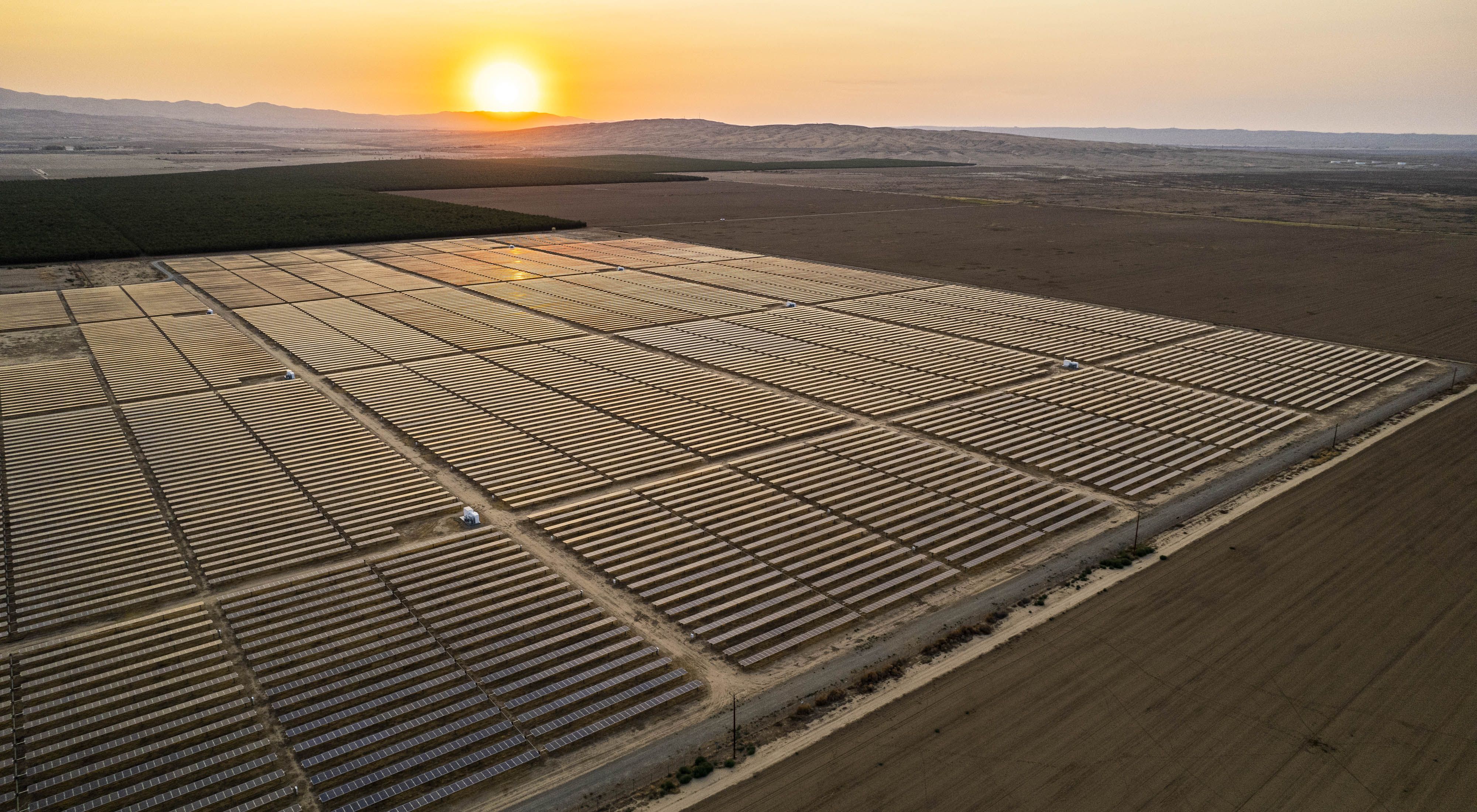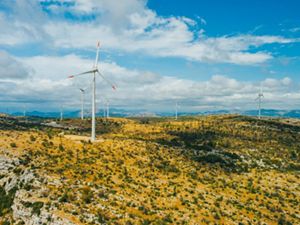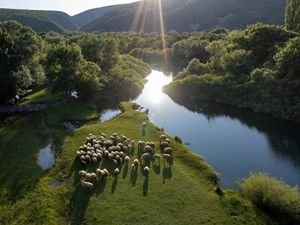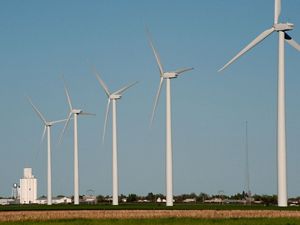EU Agrees to Further Accelerate Renewables – But We Must Go Smart to Go Fast
Implementation of the revised EU Renewable Energy Directive will be key to meeting targets for both people and planet.
Media Contacts
-
Bridget Jennions
The Nature Conservancy
Phone: +44 7743 468158
Email: bridget.jennions@tnc.org
After months of negotiations, the EU announced today that it has reached a deal on the reform of the Renewable Energy Directive, increasing the targeted share of renewables in the EU to 42.5% by 2030 and including provisions to fast track permitting processes for new renewable energy projects.
This reform of the Renewable Energy Directive is a key part of the European Green Deal to achieve EU-wide climate neutrality by 2050, as well as the REPowerEU package to speed up the energy transition and limit the EU’s energy dependency on fossil fuels.
In addition to the 42.5% target, negotiators for the Parliament, the Council and the Commission reached an agreement to reduce delays for the approval of permits for renewable energy projects. EU Member States now have 27 months to designate so-called Renewables Acceleration Areas where wait times for permitting will be reduced.
Welcoming the announcement, Noor Yafai - Europe Director of Global Policy and Institutional Partnerships at The Nature Conservancy (TNC) - said: “While we were hoping for a target of at least 45% renewable energy by 2030, the increase to 42.5% represents progress for the climate: we urgently need to transition away from fossil fuels. We still believe 45% renewables by 2030 is possible and the latest science tells us there are more than enough low biodiversity-conflict areas across Europe in which to accelerate renewable energy—but we must go smart to go fast.”
“The concept of Renewables Acceleration Areas could put Europe firmly in the lead internationally in showing how to deliver faster, nature-friendly renewables, but it will need to be implemented credibly. The question now is whether we have 27 different paths to implementation or we have an EU-wide set of identified best practices which sends clearer investment signals to the industry and can be held up as an international model.”
Planning and permitting challenges are among the biggest barriers to renewable deployment in the EU, with projects often taking several years to get off the ground. Poorly planned projects also risk exacerbating conflicts with local communities around land-use and habitat protection.
However, with good data and stakeholder engagement, countries can navigate these challenges – like in Croatia, where a TNC study identified enough suitable land for wind and solar installations to meet half of Croatia’s total national 2030 target for renewable energy from one county alone.
“Member States should invest in developing the capacities needed to ensure efficient permitting procedures and producing geospatial mapping of low biodiversity conflict land suitable for rapid renewable expansion. This is essential to achieve a win-win for climate and biodiversity,” said Rebecca Humphries, TNC’s Head of Climate Policy for Europe.
The Nature Conservancy is a global conservation organization dedicated to conserving the lands and waters on which all life depends. Guided by science, we create innovative, on-the-ground solutions to our world’s toughest challenges so that nature and people can thrive together. We are tackling climate change, conserving lands, waters and oceans at an unprecedented scale, providing food and water sustainably and helping make cities more sustainable. The Nature Conservancy is working to make a lasting difference around the world in 81 countries and territories (40 by direct conservation impact and 41 through partners) through a collaborative approach that engages local communities, governments, the private sector, and other partners. To learn more, visit nature.org or follow @nature_press on X.



